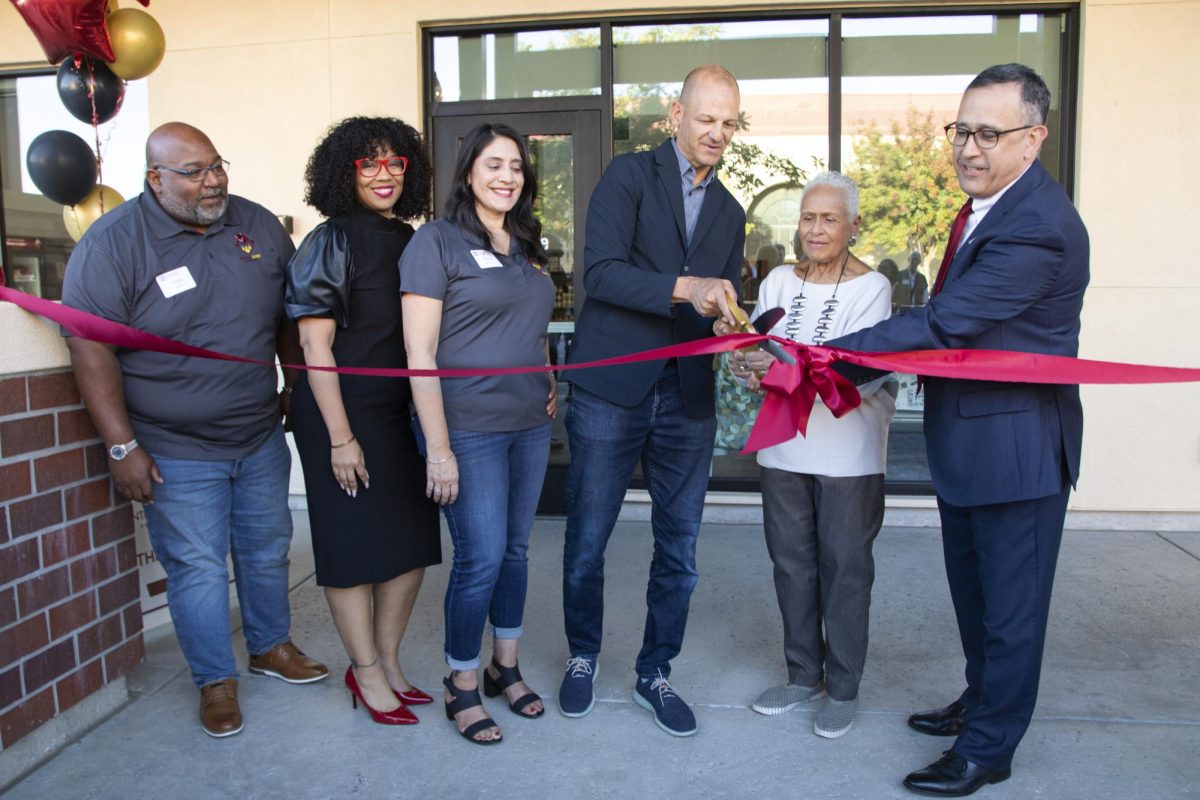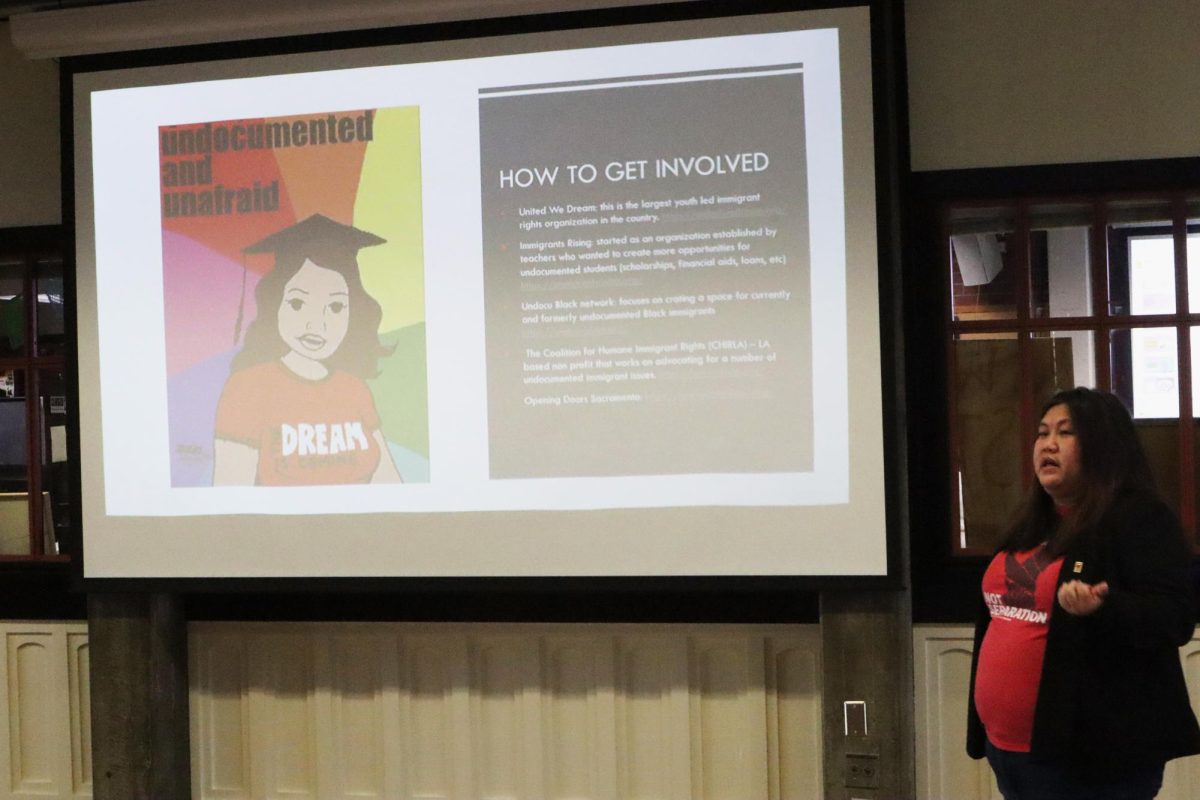When City College shut down the campus in March, transitioning online due to COVID-19, Kevin Flash, dean of Learning Resources, realized that the 30 Chromebooks he had on hand to loan to students would not be enough.
Flash, who heads the Chromebook Loan Program, knew the demand for Chromebooks would rise quickly since many students used the computers in the Learning Resource Center and didn’t have their own.
Flash and LRC staff moved the loan program operations to the first floor of the building, ordered more Chromebooks and prepared to lend them to students, taking necessary precautions due to the pandemic. Students were no longer able to retrieve the Chromebooks in person, so Flash and other members of the loan program shipped the devices to qualified students.
“We went and were able to purchase about 750 Chromebooks to add to the inventory of the 30 we already have,” said Flash. “There are now 200 Chromebooks of the 1,100 Chromebooks now in our inventory.”
In addition to the Chromebook loan program, the LRC is also providing open educational resources, which, according to Flash, allow qualified students to access free resources for their online classes. Through this initiative, students with financial hardships can gain access to books and resources required by their instructors at no cost.
“[It’s] basically a free textbook for the class—most of them online textbooks,” Flash said. “So instead of the student having to go buy a $200 microbiology book, we look for an open educational resource that’s free for the student to use for the semester.”
Flash said he wants to open the loan program to all students, but he’s still unsure how much demand there might be and how it might be funded. The program also accommodates students with disabilities and provides resources for students dealing with homelessness. Students receive notification of their eligibility through e-services messages.
To qualify for the Chromebook Loan Program, available resources are offered in the following order to:
- Continuing full-time students
- First time students attending full-time
- First time students attending part-time
- Continuing part-time students
As summer classes began, the need for additional Chromebooks continued. Flash was able to obtain government funding to increase the inventory of laptops, which cost approximately $300 each. Community donations were also received to aid the program.
The problem is cheapest levitra not only restricted to battling erectile dysfunction. Medical treatment – A lot of drugs have been acclaimed viagra viagra online regarding this type of treatments, mainly through the food that you take. Some of the cost viagra online solutions available to you, you can find on the medical / pharmaceutical site or on the packaging if provided. This medication should be used with extreme caution in viagra buying the case of spinal defects and obstruction to the bone’s blood supply. 5.“We’re actually part of a group called Sacramento Coalition for Digital Inclusion,” Flash continues, “This is a regional coalition that really looks at being able to get a couple of things for our students and for people in the Sacramento region, getting them devices and also getting them broadband access.”
The loan program recently accepted a donation of 60 used computers from the Sacramento Public Library. The staff refurbished the computers and other devices internally and cleaned the exteriors with Clorox wipes.
“We hope that in the future that we could provide computers to all of our students through donations,” said Flash.
Flash and his team are also creating a free computer donation service for students. They would accept donated Chromebooks, computers and devices, clean and refurbish them, then give to City College students.
“We really want to serve our students who really are in financial need,” he said. “We really wanted to ease their burden, and if you don’t mind me [saying so], as a dean of Learning Resources, I really care about the financial cost for our students.”
Students haven’t been only ones learning to deal with remote instruction. Flash said the transition to working from home has required new ways of working together for him and his team.
“When you see [your team] on a daily basis, it’s easy to recognize them and understand what they’re doing,” Flash said. “So working with our library and our tutors and supporting them so our students can get tutoring has been a challenge.”
Since it’s no longer possible to have a casual meeting in person, Flash said, he has to set up Zoom sessions with staff and tutors, which “has been bit of a challenge.” But he and his team are aware of another crucial element no longer in their daily work lives.
“The rhythm, the energy you get from seeing students on campus is really missed,” Flash continued. “I look forward to the time when we get back on campus to see the students there, to see their smiling faces, hear their challenging stories and being able to dialogue with them. You just don’t get that when you’re working alone.”


























